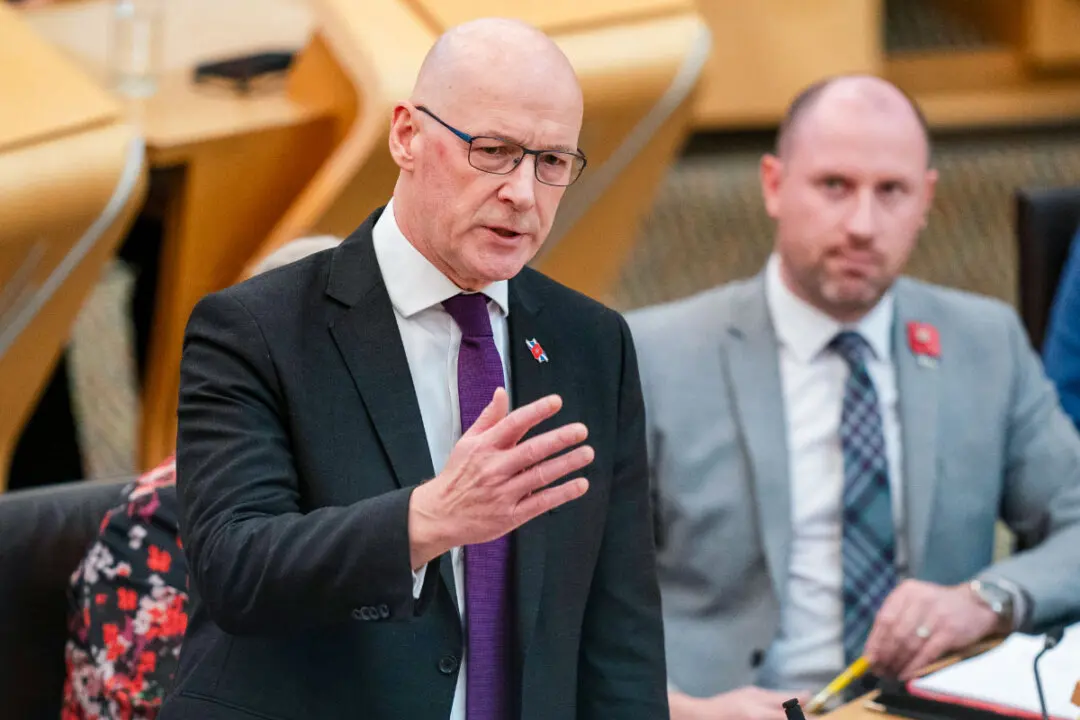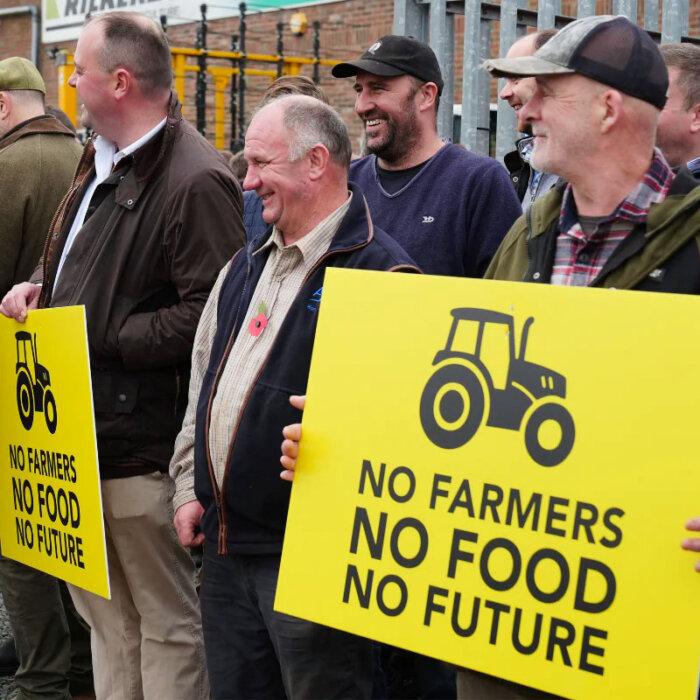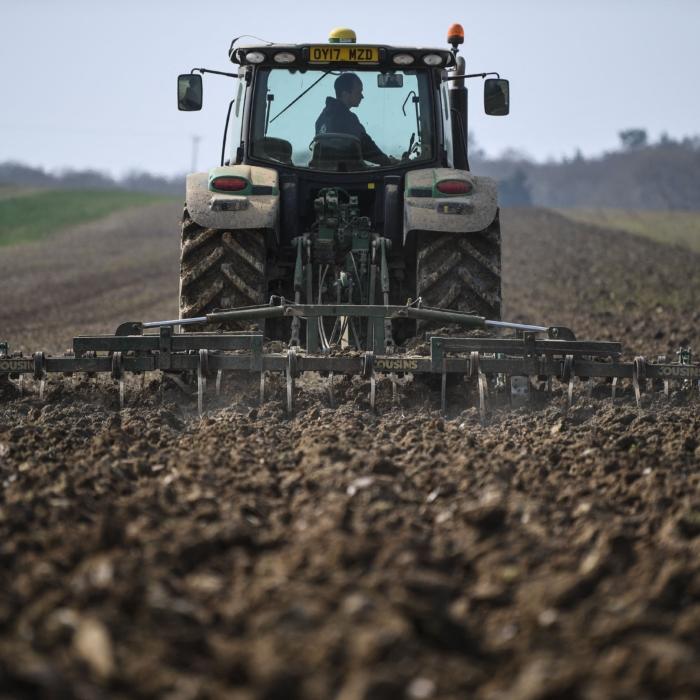Scotland’s first minister has said changes to inheritance taxes are having a “chilling effect” on Scottish farmers, leading to “unacceptable levels of stress, worry, and uncertainty.”
John Swinney said that the Budget “could scarcely have been more indifferent to the needs of rural communities and the rural economy,” and called for a tax system that supported the orderly transfer of farms from one generation to another.
The head of the devolved government said on Wednesday: “I know this is already having a chilling effect on farming and rural businesses. The UK government must urgently commit to undertake and publish impact assessments on its budget proposals on farmers and crofters [small farm owners] in Scotland.”
“No matter whether or not a significant number of businesses are affected directly, it is deeply disappointing that the Chancellor chose not to work with the Scottish Government before acting on this sensitive matter,” the leader of the Scottish National Party added.
Food Security
Scottish Conservatives have also urged the Treasury to scrap the new tax, with the party’s rural affairs spokesman Tim Eagle saying earlier this week the change could “see the end of the family farm as we know it.”Eagle, who is also a farmer, said: “We’ve heard directly from farmers that this could cripple many family farms. It will mean that families will not be able to pass on their farm to the next generation.
“Labour’s response to the growing anger shows how disconnected they are. They just do not get what this will mean for farmers and their families.
Small Farms Affected
Swinney’s remarks come after the Country Land and Business Association (CLA) said that small family farms would have to save up to 159 percent of their profits over a span of 10 years to have enough money to pay inheritance tax bills. The CLA said that in order to pay the death tax, inheritors could be forced to sell 20 percent of their land.The CLA said family-run farms are typically asset-rich but cash-poor and its modelling highlights that farmers would be “forced at best into a cycle of stagnation, asset sales, or debt to cover this tax burden, threatening the long-term viability of the UK’s rural landscape and food security.”
Forced to Sell
The issue is affecting every nation in the UK. Politicians on both the right and left—including the unionists in Northern Ireland and the Welsh nationalist Plaid Cymru—are voicing concerns over the impact it will have on farmers in their constituencies.During a Westminster parliamentary debate on Monday, Liberal Democrat environment and farming spokesman Tim Farron warned that farmers whose families cannot afford the death duties “will have to sell out to another big corporate.”
“Big corporates and big equity houses will buy up farming and non-agricultural family businesses,” Farron said, adding: “When it comes to farming, land will pass into non-agricultural use, and the house will be turned into yet another second home. That will be devastating for not just family farms but rural communities as a whole.”
The spokesperson continued: “With 40 percent of agricultural property relief going to the 7 percent of wealthiest claimants, we made the decision to ensure the relief is fiscally sustainable.
“Around 500 claims each year will be impacted and farm-owning couples can pass on up to £3 million without paying any inheritance tax—this is a fair and balanced approach.”







